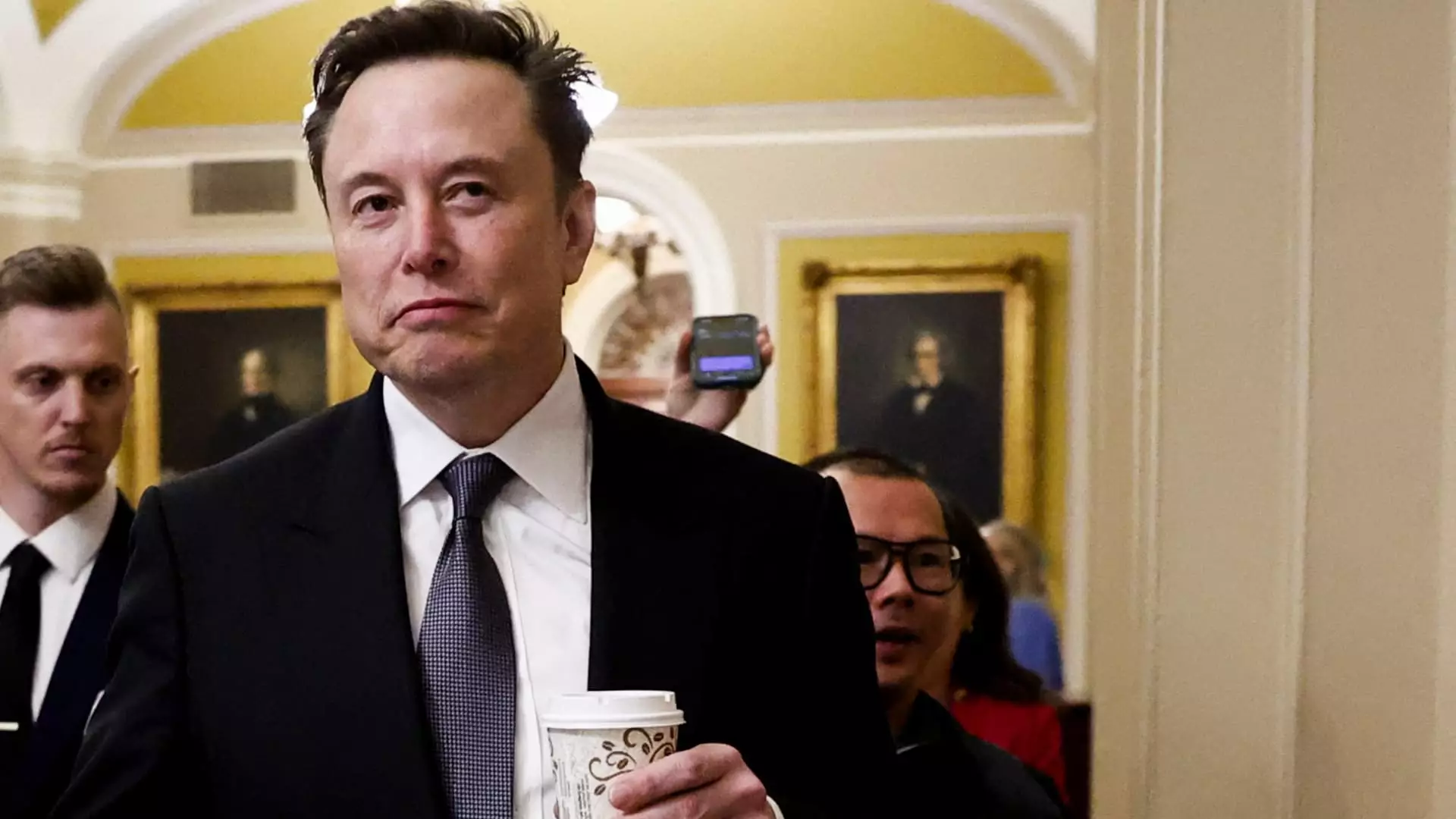In a striking turn of events, several prominent figures in the technology industry, including Tesla’s CEO Elon Musk, Meta’s CEO Mark Zuckerberg, and Amazon’s founder Jeff Bezos, are set to attend the inauguration of President Donald Trump. This marks a significant shift in their relationship with political authority, illustrating the complex interplay between technology and governance in today’s world. Once seen as adversaries to Trump’s administration, these tech magnates now find themselves aligned with the new direction of government, which has raised eyebrows across various sectors.
The relationship between technology moguls and political leaders has often been fraught with tension. During Trump’s first term, Bezos and Zuckerberg were vocal critics of the administration. Bezos frequently clashed with Trump over issues tied to Amazon, including its tax practices and the influence of The Washington Post, which Bezos owns. Zuckerberg faced scrutiny as well, particularly regarding Facebook’s role in misinformation campaigns and its handling of immigration-related policies. This adversarial stance depicted a rift that seemed insurmountable, casting doubt on any potential collaboration.
The Reasons Behind the Shift
Fast forward to Trump’s second inauguration, and the landscape has dramatically changed. Many tech leaders have begun to warm to his administration. The involvement of Musk in a governmental capacity—overseeing a newly created Department of Government Efficiency—exemplifies this pivot. There’s a sense that these leaders now see potential avenues for influence and partnership within the administration. The willingness of major tech companies like Amazon and Meta to contribute financially to Trump’s inaugural fund, each donating $1 million, emphasizes their newfound alignment and intention to foster cooperative relations.
Implications for the Future
The growing collaboration between tech leaders and the Trump administration can have significant implications. It suggests a mutual acknowledgment of the power these technology companies wield in shaping various industries and socio-political landscapes. With their financial clout, these companies hold considerable sway over policy discussions, which could lead to reforms that favor them. However, it also raises questions about the potential for corporate influence over governance and the ethical ramifications of such a partnership.
Despite this apparent convergence, challenges remain. The backlash from the public and other stakeholders who remain wary of the technological elite’s close ties with political power cannot be ignored. Furthermore, ongoing debates regarding regulation, antitrust concerns, and privacy issues will continue to place pressure on both the administration and the tech industry. As the landscape evolves, the balance of power between government and these corporate giants will be tested, and the outcome will undoubtedly shape the future interactions between technology and politics.
The attendance of Musk, Zuckerberg, and Bezos at Trump’s inauguration indicates a notable shift in the relationship between the tech industry and political power. As these titans of technology seek to navigate their roles in government, the ramifications of their actions will echo throughout the corridors of power and beyond, challenging the traditional boundaries of influence and authority.

